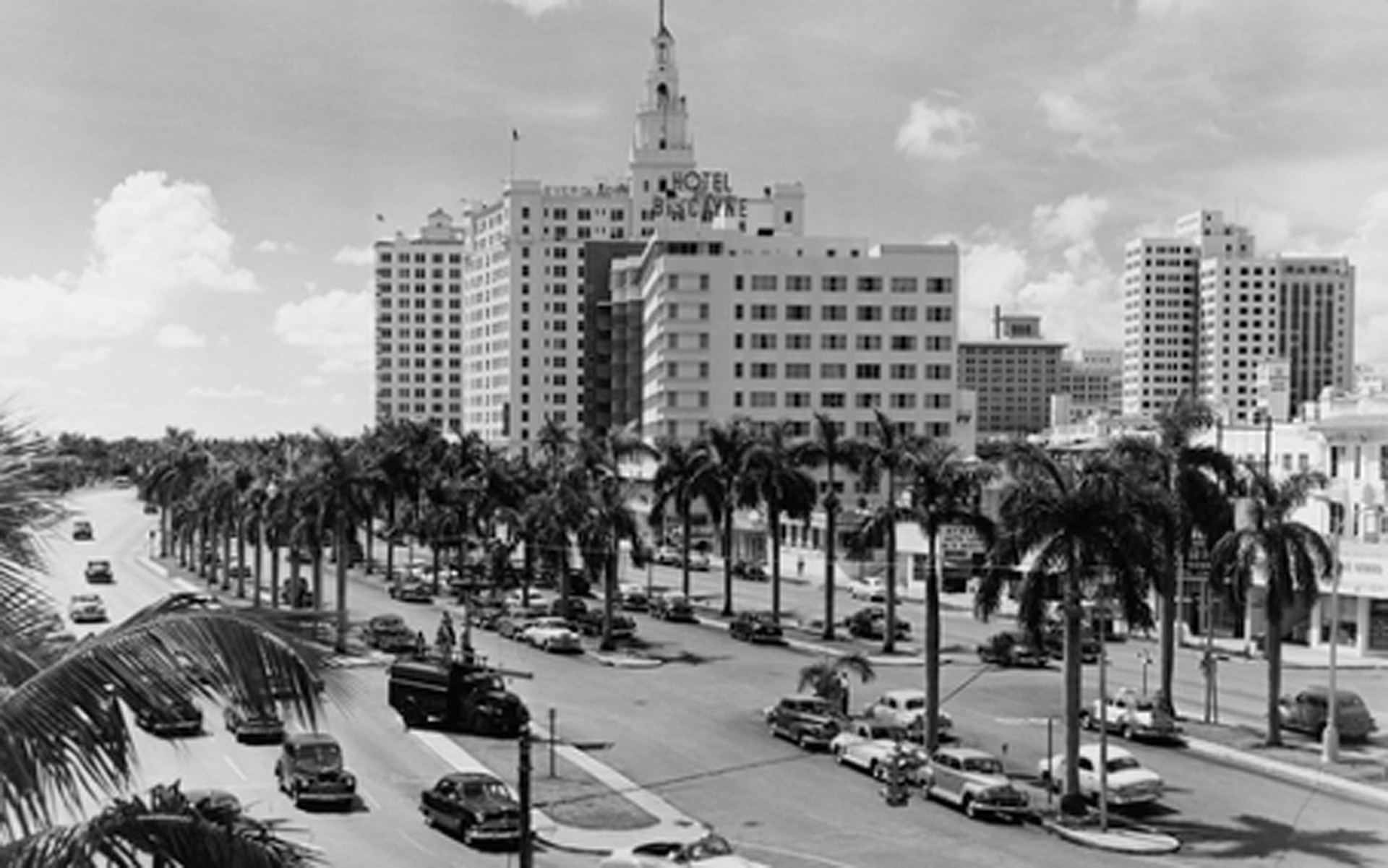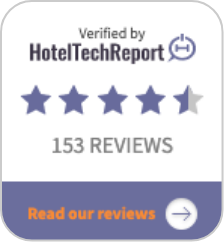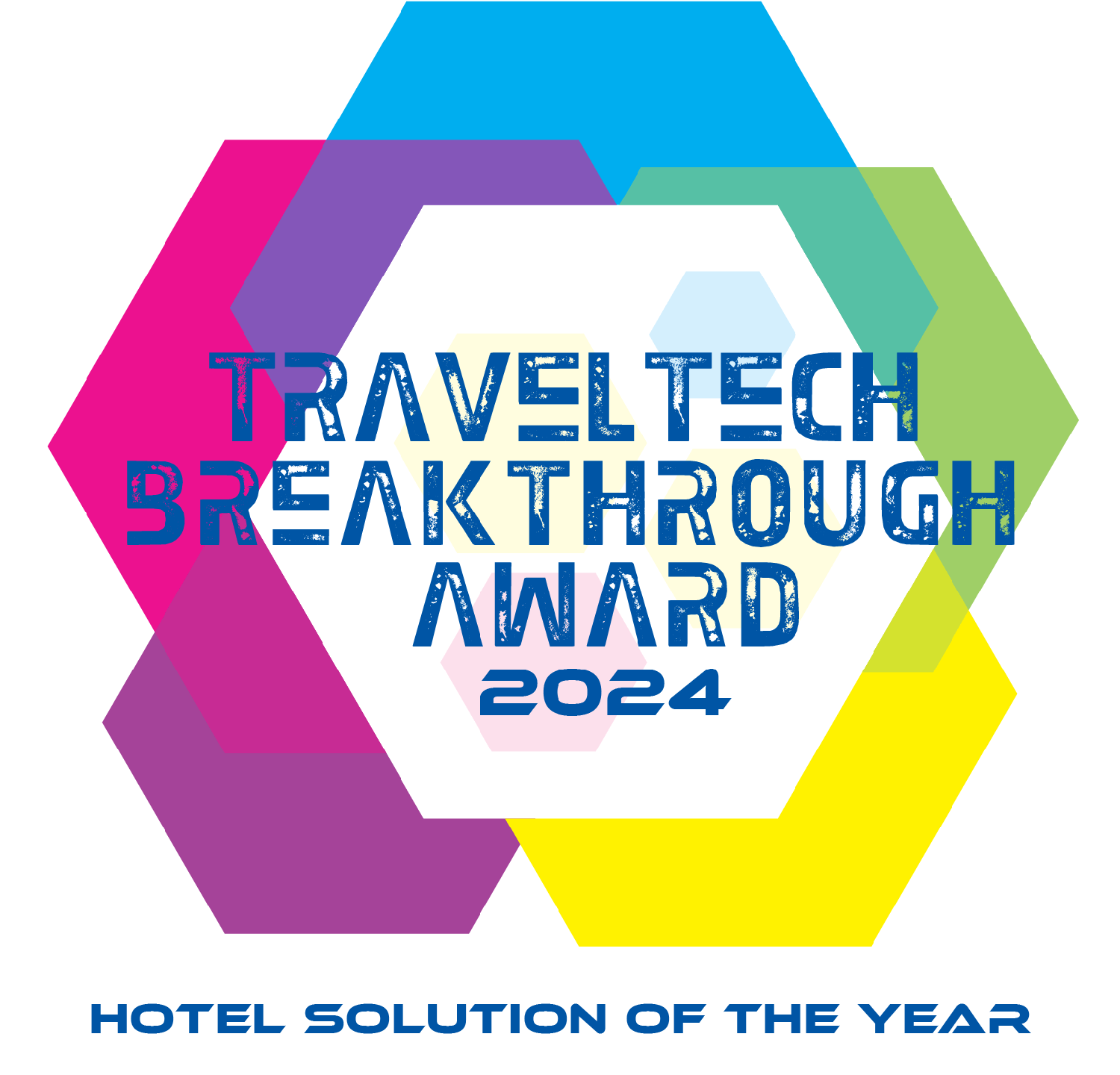3. Hotels Will Have to Leverage Increased Personalization Across the Entire Guest Journey to Attract ‘Revenge Travelers’
After 18 months of social distancing and lockdowns many consumers are more than eager to start traveling again. According to Destination Analysts, 76% of US travelers in mid-December 2021 are in a “ready-to-travel” state of mind, while a recent study by SAP Concur noted that 96% of business travelers in 25 global markets are excited to travel again for work. While this represents a golden opportunity for resource and reservation-starved hotels, it also presents a challenge: How can hotels attract these new travelers, maximize revenue for each booking, and enhance the guest experience?
Ultimately, the answer is for hotels to create a guest experience that is hyper-personalized, and seamlessly integrated. We can see the beginnings of this personalization in contactless check-in: Hotels that send targeted, automated offers for room upgrades and amenities directly to a guest’s smartphone can leverage the welcome experience to customize and enhance the guest’s stay 一 and earn up to 240% ROI each quarter in the process. Similarly, hotels that utilize hourly bookings and guest-facing kiosks can redesign their lobby to reflect the aesthetics and function of their brand vision, adding anything from restaurants or lounges, to interactive art installations, to monetized co-working spaces.
But this is just the beginning: The emerging Internet-of-Things (IoT) promises a world where an increasing number of objects and touchpoints are customizable and connected. Already, tech-forward hotels are offering their guests in-room tablets, which let travelers customize everything from thermostats and motorized blinds, to mood lighting, and mobile entertainment. A cloud-native PMS can unify the data from all of these touchpoints into a comprehensive guest profile, which can then be used to inform hotel staff and additional tech platforms. A cloud-native PMS can also integrate with the AI from a Customer Relationship Manager (CRM) to help predict and optimize a guest’s spending patterns 一 and a hotels’ future revenue.
Conclusion: 2022 Will be an Opportunity to Reimagine Hotel Service
Ultimately, the need for contactless service, daily/ hourly bookings, enhanced personalization, and increasingly connected touchpoints, points to the need for a cloud and mobile PMS that can be seamlessly flexible and scalable. Currently, this means investing in a PMS that is not only based on an open-API architecture, but one that utilizes simplified and powerful webhooks to facilitate efficient, precise, and near real-time data exchanges between platforms. In the future, however, the hotel PMS will do much more than simply manage rooms and rates 一 it will become a central hub to customize (and monetize) the hotel’s countless assets and guest touchpoints. In this sense, 2022 can be seen as a year in transition: Travelers want more than just a generically efficient and well-run hotel. They want an enhanced and intelligent guest experience that can be delivered seamlessly, and specifically tailored to their unique needs and preferences.











